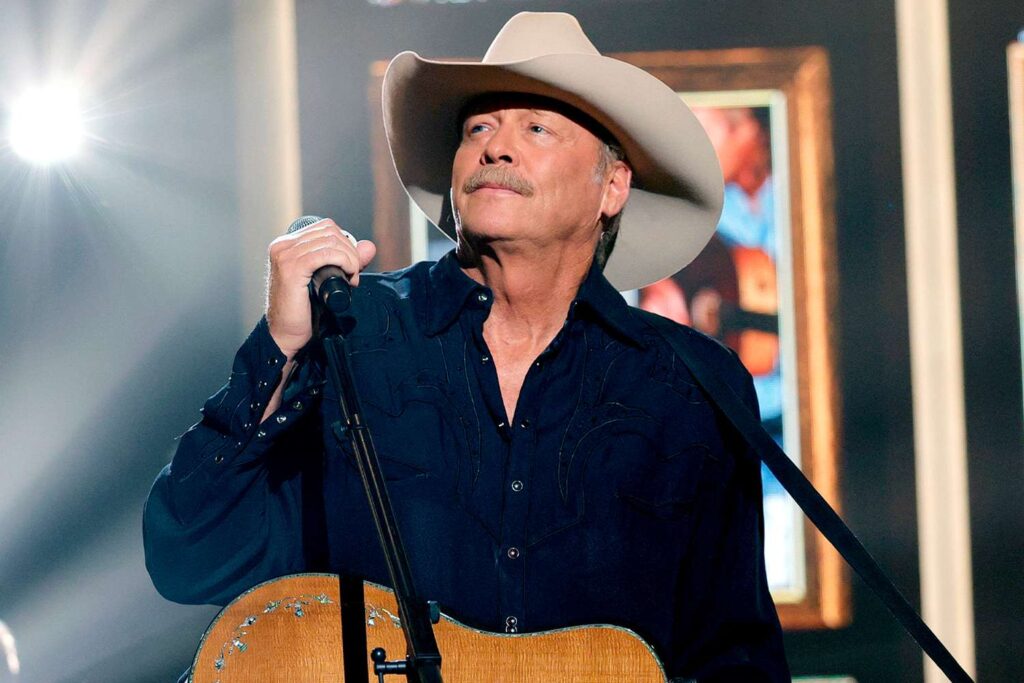
A Declaration of Simple Truths in a Complicated World
When Alan Jackson released “Country Boy” in 2008 as the third single from his album “Good Time,” it resonated deeply with an audience yearning for authenticity in a changing musical landscape. The song climbed to the top of the Billboard Hot Country Songs chart, giving Jackson his twenty-fifth number-one hit—a remarkable feat that underscored his enduring relevance in a genre increasingly pulled between tradition and innovation. Nestled within the warmth and familiarity of “Good Time,” a record that largely celebrated Jackson’s roots and unpretentious storytelling, “Country Boy” stood out not only as a chart success but as a quiet anthem for those who find their identity in humility, hard work, and the unassuming rhythm of rural life.
At its core, “Country Boy” is less about bravado and more about belonging. It offers no high-concept metaphors or densely poetic turns of phrase. Instead, Jackson leans into plainspoken sincerity, crafting a portrait of the everyman who doesn’t need the gloss of modernity to feel fulfilled. “Excuse me, ma’am, I saw you walkin’,” he sings in the opening line—an earnest invitation rooted not in flirtation but in gallantry. From there, the song unfolds like an open road winding through Southern backroads: steady, uncluttered, and unmistakably personal.
What elevates “Country Boy” beyond its surface simplicity is its deliberate embrace of classic country motifs: pickup trucks, open fields, dusty boots, and soft southern drawls. These are not just props—they’re symbols of identity. Jackson doesn’t merely list them; he inhabits them. The song’s arrangement mirrors this ethos: twangy Telecasters weave gently around laid-back drumlines, while fiddle flourishes lend a rustic warmth that never veers into pastiche. This is a soundscape built for comfort rather than flash—a deliberate refusal to chase trends.
Yet beneath its genial exterior lies a quiet defiance. Released during a time when country music was increasingly hybridizing with pop and rock sensibilities, “Country Boy” served as a reaffirmation of traditional values in both form and content. It’s no accident that Jackson—who famously questioned the genre’s direction in earlier works like “Murder on Music Row”—chose this moment to remind listeners of what country music once was, and could still be. There is pride here, yes—but it’s not shouted from neon stages or auto-tuned choruses. It is whispered from porches and echoed down dirt roads.
In an age awash with irony and spectacle, “Country Boy” is a rare thing: a straightforward confession of self from an artist who has always known exactly who he is. It asks for no permission and offers no apologies—only an invitation to ride along if you’re willing to slow down and listen to the gravel crunch under your wheels.